The Christmas cactus has it all — bright blooms, architectural green stems and an attractive trailing habit. One of our favourite houseplants, it makes an excellent festive gift for novice growers and indoor plant enthusiasts alike. Here are our top tips to promote flowering and keep your Christmas cactus happy and healthy year after year.
What is a Christmas cactus?
The Christmas cactus is a member of the cactus family (cactaceae), but has little else in common with its desert dwelling cousins. Most ornamental Christmas cacti in the UK are cultivars of the genus Schlumbergera, first developed and grown by the Victorians and still popular today. The flattened segments (cladodes) are relatively spineless and act as both stem and leaf, photosynthesising, supporting the plant and producing long colourful flowers from the tips. The tubular blooms are red, pink, yellow or white, and are pollinated by hummingbirds in their native environment.
Where do Christmas cacti come from?
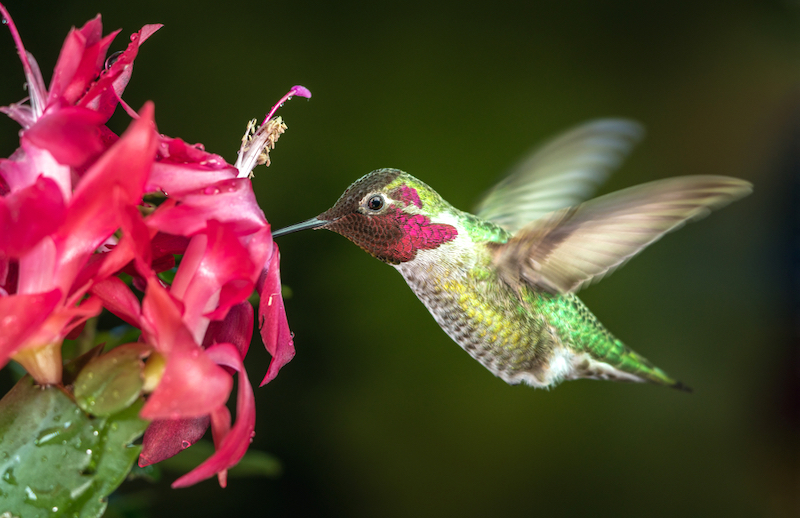
Image: Freebilly Photography/Shutterstock
The genus Schlumbergera is native to the coastal mountains of Brazil. The cactus lives at a high elevation as an epilith or epiphyte, happily growing among the scree and rocks and high up in the canopy in the junctures of trees. Try to mimic its native mountainous home by providing high humidity and cool temperatures for your indoor plants.
Why are they called Christmas cacti?
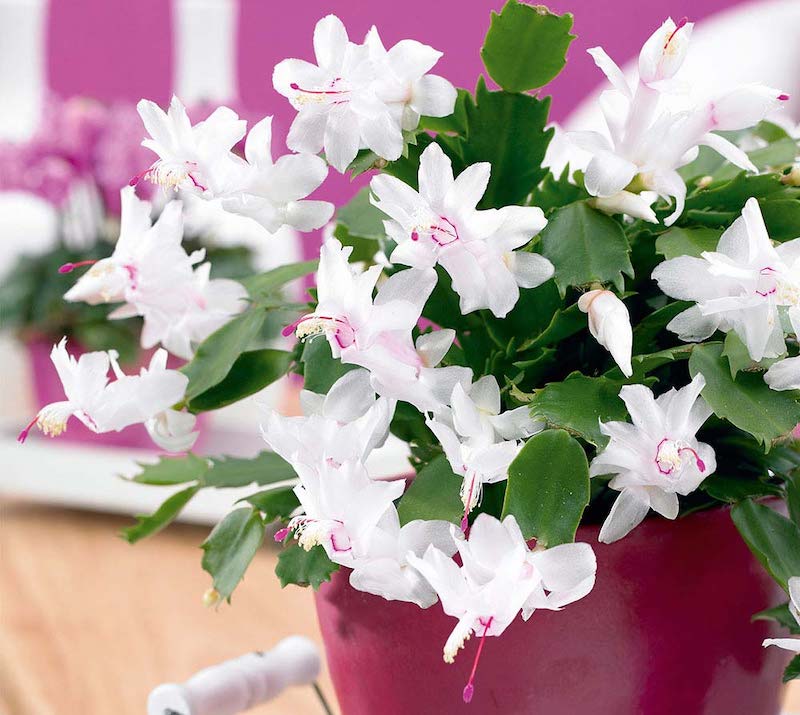
Copyright: Visions BV, Netherlands
These plants are commonly called Christmas cacti because of their tendency to blossom between November and February in the northern hemisphere. Flowering is triggered by the shorter daylight hours. In their native Brazil they are commonly called a mayflower because of their tendency to start blooming in May. Schlumberger sp. are also commonly called Easter, Thanksgiving, or crab cactus.
How to care for your Christmas cactus
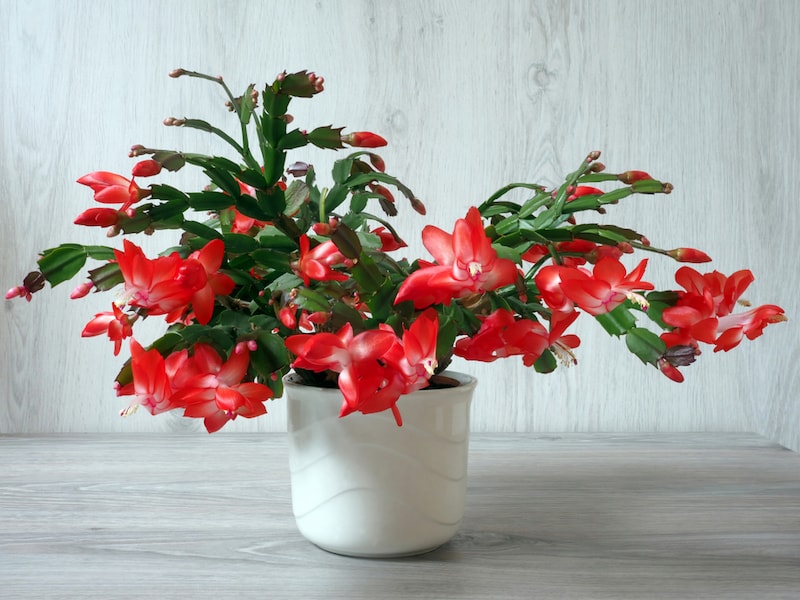
Image: Burkhard Trautsch/Shutterstock
Follow these pointers to keep your Christmas cactus healthy:
- Stop watering your plant for 6 weeks after flowering finishes in January.
- Feed your plant during the growing season, which in the UK is between March and October. Use a good quality general fertiliser every couple of weeks, following the instructions on the packet.
- Every few years, completely replace the compost in the pot.
- Move into a slightly larger pot every few years, but not too big as it enjoys having its roots restricted.
- Keep your cactus away from intense sunlight. It prefers bright but cool conditions.
Can I propagate Christmas cacti?

Image: Waldemar Manfred Seehagen/Shutterstock
It is possible to propagate your cacti from seed, but it can take years to see a full-sized flowering plant so it’s a long-term project. You can also take cuttings from existing plants, but it still takes time for the plant to reach full size. If you want to give it a try, pinch off a multi-section piece of the stem and lay it on a moist layer of compost. Wait for roots to form from the bottom. Your cuttings will produce true replicas of the parent but seedlings will be a complete surprise.
Whether you’re after a festive gift for a loved one or want to boost your houseplant collection, there are plenty of reasons to choose a Christmas cactus! Looking for more Christmas present ideas for wildlife and garden lovers? Visit our full range of gifts.
Lead image: Christmas Cactus Tricolour in Gold Pot – Gift from Suttons
Last Updated on November 8, 2024 by Suttons Horticultural Team

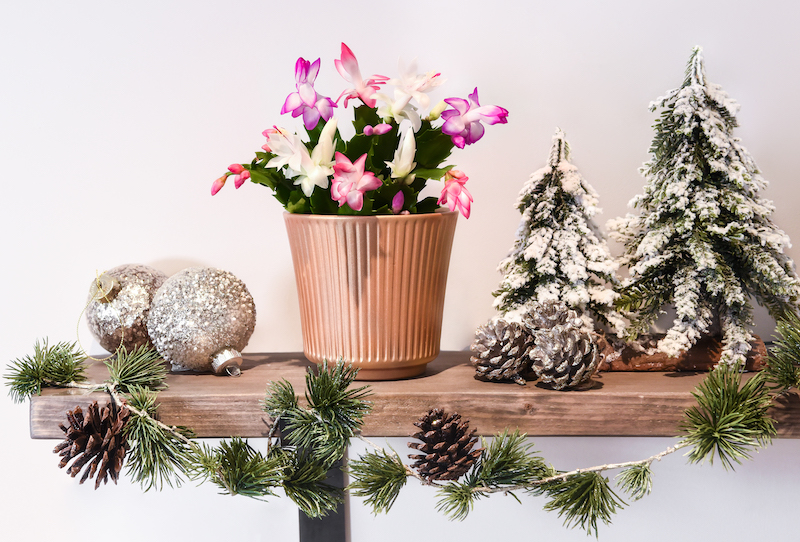

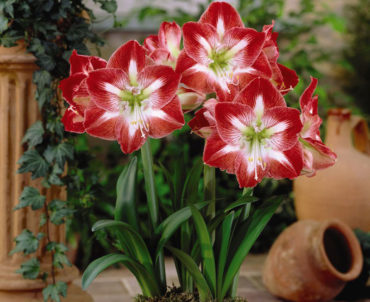
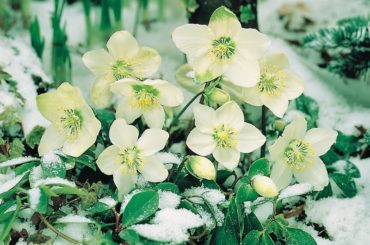
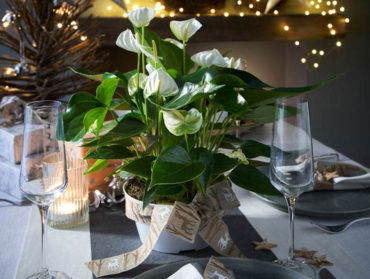
Hello Sahmed, I’m sorry you’ve had problems with your trees. I’ve referred you to our Customer Care Team.
My cactus never have been blooming – maybe this time something will change, hopefully;) Thank you for posting. Lovely pics.
I bought 3 trees from you and sadly no e od them grew, It was a cherry tree, olive and fig tree. Would you be able to check you records and send ne a replacenent. I would to but nite plabts but until 8 csn see that these trees grow I hesistate